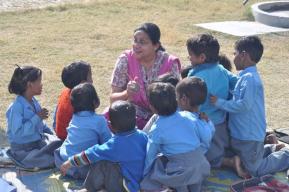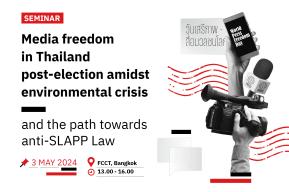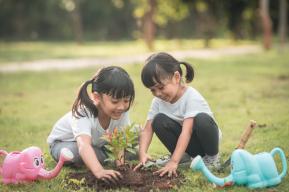Idea
Sénamé Koffi Agbodjinou: “Today's African city is the product of a rupture with nature”

Interview by Laetitia Kaci
UNESCO
What are the specific characteristics of African urban planning today?
The African city is not an extension of the village, but the product of a rupture with nature. Cities were built on the Western model, with concrete, metal and glass. For a long time, workers went there to earn their living. In the evenings, they would return home to their families, their collective living spaces and the bush ecosystem into which the village was integrated.
Over the next few years, Africa's urban population is set to triple. If the city is to become a more peaceful place to live, it needs to rediscover its link with nature, drawing inspiration from ancient approaches. Traditional building methods, which had to work in harmony with the immediate environment, cultivated a more organic connection with nature.
If the city is to become a more peaceful place to live in, it needs to rediscover its link with nature
But it's not about caricaturing vernacular architecture or duplicating the village model. The solution is not to reproduce the old, but to mobilize local resources, drawing also on the latest technological developments.
Is it possible to reconcile tradition and new technologies?
It is possible, provided you work with African professionals living in Africa. Today, we tend to take our inspiration from “smart cities”, which are based on technologies developed in California's Silicon Valley. But the engineers who work there are not familiar with our reality.
That's why I'm proposing the creation of innovation laboratories in African villages based on a model I call “initiation enclosures”, i.e. entirely open places where the younger generations are trained in digital tools and work together. This would enable young people in the same environment to grasp contemporary issues and build African cities that are better adapted to people and the environment.
What is your definition of sustainable architecture?
I find the concept too influenced by a modern, Western vision. Many people confuse sustainable with permanent or solid. Sustainability is not just about using materials that stand the test of time without deteriorating, but about creating architecture that can be renewed endlessly.
Sustainability is about creating an architecture that can be renewed endlessly
Traditional African building materials, such as rammed earth, quickly show their limitations when viewed solely from the point of view of their resistance over time. But an earthen house or mosque is not meant to last forever. Every year, the inhabitants get together and redo the plastering. It's also what binds the villagers together. It's a time for festivities and big celebrations, and it's the social glue that holds the village together.
Why did you feel the need to study anthropology in addition to architecture?
Architecture is a projection on the ground of what we imagine a society to be. According to the collective imagination, a little earth and straw is all you need to build an African building. But this is a vision that focuses on appearances alone. To understand how life is organized within a habitat, it is essential to understand the structures of social organization. Anthropology should play a more important role in architectural studies. This would make it possible to take account of the realities on the ground and avoid many blunders.








